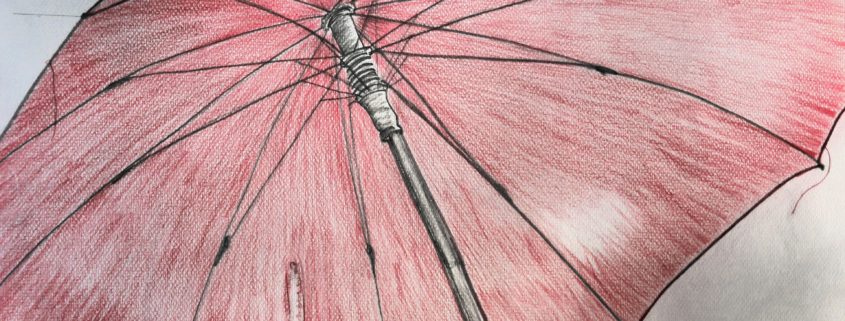
Looking for a speaker on a relevant topic? All of Rainstorm’s offerings can be tailored from 45 – 120 minutes in length, depending on how in depth you want your audience to explore each topic. I can come to you anywhere within Southern Vancouver Island and the Gulf Islands.
Live farther away? Want me to put these workshops online? Me too! Just let me know, and if there is some interest I will start work on that right away.
Have a topic or a focus (in my area) not listed here? Want me to put something together? Just let me know. I love research and curriculum development, and would be happy to work together and develop something tailored to your needs.
Series on Ageing & Mental Health
Growing Old is (NOT) Scary: How Ageism Gets in the Way of Healthy Ageing
Research indicates that stereotypes about aging, like a self-fulfilling prophecy, affect the choices older adults make regarding their health and social connections. With the help of a 90 something year old social activist, I have compiled a list of the myths of ageing. This workshop will examine the mechanisms by which those myths impact our health. Our time together concludes with importance of staying connected, living life with purpose, and ultimately – defying the ageist myths.
Independent? Or Interdependent? It’s Okay to Ask for Help!
(This talk can stand alone or function as a natural part two to the first talk on ageism.) Drawing on my experience offering outreach services to individuals who are ageing and/or disabled, I question the importance of holding up independence as the ultimate goal of ageing. When we see ourselves as independent, it can hurt to ask for needed help, and contribute to a negative self image. When we see ourselves as independent, we can live in loneliness. The opposite of independence may be dependence, but there is a healthy middle ground – interdependence.
“Men’s Sheds”: Approaches to Supporting Men to Stay Healthy as They Age
Middle aged and elderly men are the most at risk of suicide, and the least likely to seek help. I have intentionally not used the words suicide, mental health, or depression, in the title of this talk. Research shows that using this language can be a deterrent to men seeking help. Hmm … maybe the help offered isn’t helpful? This is a very personal talk, which will educate and inform on the topic of aging, men and depression. Finally, I offer some lessons learned and ideas how to help.
Other Available Topics
“Screen Time” & The Neurodivergent Brain: Modern Day Mental Health Considerations
Asynchronous workshop, at your own pace, with Kirsten leading you through the latest research in what screen time means for ALL of our brains – especially neurodivergent children and youth. By the end of this course, you will have learned a three-step process to ending the power struggle and taking back your family life. Purchase here (scroll to the bottom of the page).
Caring for Families Too
(A workshop for parents and caregivers of trans children and youth. Also appropriate for professionals, and for trans folks looking to gain insight into their families lived experiences.)
Most of us tend to spend a lot of time in our heads, and ignore our hearts, except when it overwhelms us and floods our system. The goal of this workshop is to give space and voice for both the head (information/thoughts) and the heart (emotions/feelings), in meeting the needs of parents of trans children and youth in a transphobic world. Anger, fear and sadness will all be discussed, as they pertain to caring for trans children and/or youth. When families recognize and care for their own needs, better outcomes for young people are the result. Kirsten Mueller (a parent herself) will share some strategies and tools, learned during her career as a social worker, that have helped her personally in times of overwhelming emotions. Honouring the needs of our heads, she has also summarized some trans-specific highlights from the Canadian LGBT 2017 survey and will share that with the audience, including both encouraging news and areas for change.
